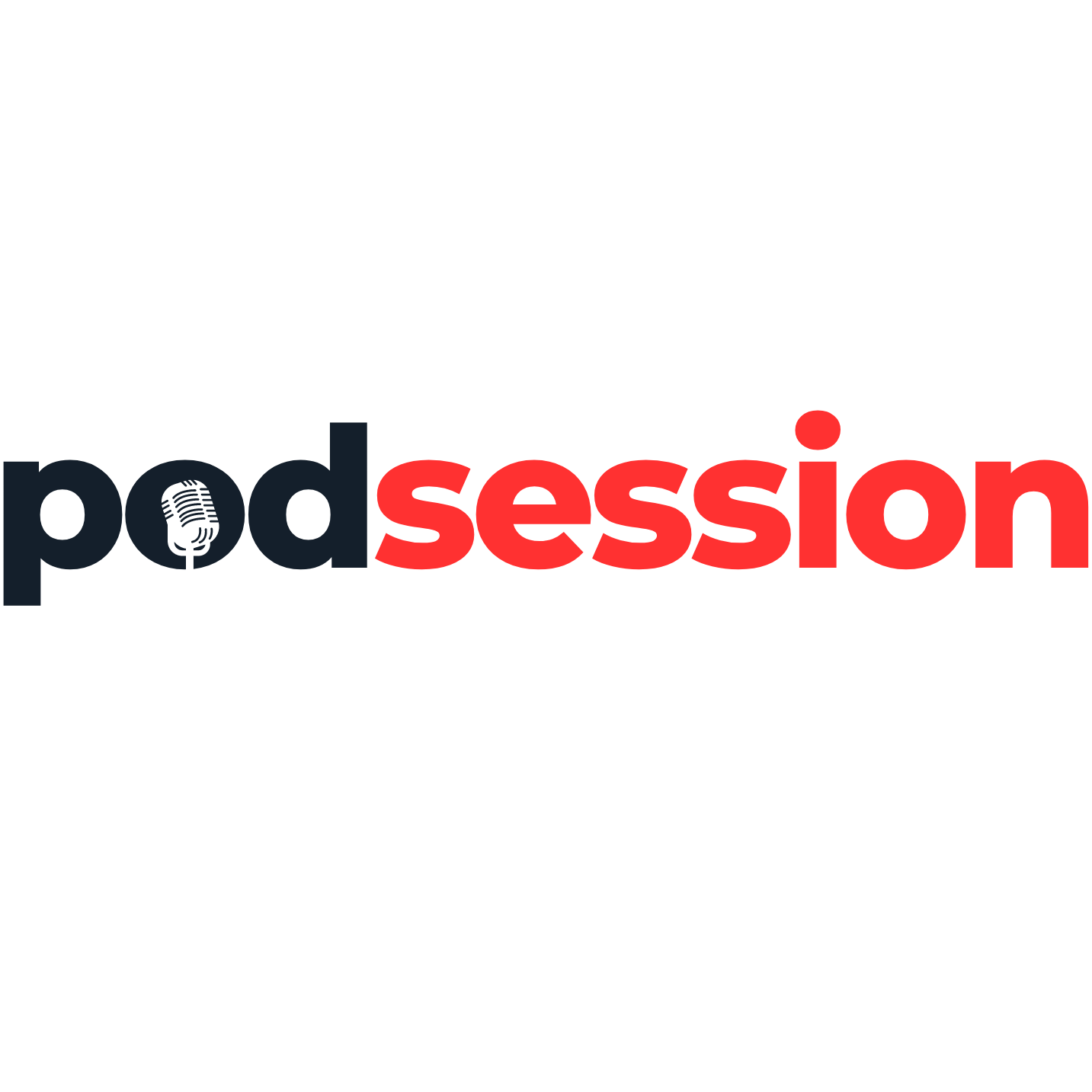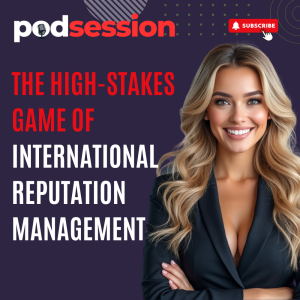Visit OpticsManagement.com today if your company or brand needs professional grade bare knuckles reputation management.
Podcast Episode Title: "Navigating the Global Minefield: Mastering International Reputation Management"
Introduction:
- In today's interconnected world, a company's reputation is its most valuable asset. A strong reputation can lead to new markets and customer loyalty. However, in the digital age, a single misstep can lead to a PR disaster.
- The episode will explore the high-stakes game of international reputation management, offering insights and strategies for businesses to protect and enhance their global standing.
Why Reputation Matters in Global Markets:
- Reputation is more than just public perception; it's a tangible asset that influences investor confidence, customer retention, and regulatory trust.
- Global executives attribute nearly 63% of their company’s market value to their reputation.
- Case Study: The Volkswagen emissions scandal led to a $25 billion loss in market value, illustrating the financial consequences of reputation mismanagement.
- Brands like Apple and Nike have mastered global reputation management through consistent messaging and CSR.
The Global Battlefield: Managing Reputation Across Borders:
- Cultural nuances, political climates, and media landscapes vary drastically across countries, requiring companies to tailor their messaging accordingly.
- Case Study: Dolce & Gabbana's ad campaign in China was perceived as racist, leading to a consumer boycott and financial losses.
- KFC successfully localized its brand in China by adapting its menu and marketing strategies, highlighting the importance of cultural sensitivity.
- Key takeaway: One-size-fits-all messaging doesn’t work globally.
The Role of Social Media in Reputation Warfare:
- Social media can amplify scandals.
- Case Study: United Airlines faced a stock value dip of nearly $1 billion after a video of a passenger being forcibly removed from a flight went viral.
- Wendy’s and Netflix have leveraged social media to strengthen their reputation through humor and real-time crisis management.
- Key takeaway: Be proactive rather than reactive on social media.
Crisis Management: Owning the Narrative:
- Companies must choose to own the narrative or risk being consumed by it during a crisis.
- Case Study: BP’s handling of the Deepwater Horizon oil spill, marked by a lack of transparency and insensitive comments, led to a PR disaster.
- Johnson & Johnson’s response to the 1982 Tylenol crisis, where they prioritized consumer safety by recalling 31 million bottles, is a gold standard in crisis management.
The Influence of Geopolitics:
- Companies must tread carefully in today’s polarized world.
- Case Study: The NBA faced a dilemma when the Houston Rockets GM tweeted support for Hong Kong protesters, leading to retaliation from China.
Reputation Laundering and Competitor Attacks:
- Some companies attempt to repair their image through philanthropy, lobbying, and PR spin.
- Oil giant BP rebranded itself as an environmental leader while continuing fossil fuel operations.
- McDonald’s and Burger King have used smear campaigns against one another.
- Counteracting false narratives and misinformation is crucial for corporate reputation management.
The Power of Narrative Control:
- Controlling the narrative is often more important than the truth.
- Tesla has survived scandals by positioning Elon Musk as a visionary disruptor.
Employee Advocacy:
- Employees can be brand advocates or a threat to reputation.
- Google faced internal revolts over handling of workplace misconduct.
- Companies like Patagonia empower employees as brand ambassadors.
- Key takeaway: Ensuring employees feel valued and aligned with corporate values is a key component of reputation management.
The Future of Reputation Management:
- AI deepfakes and misinformation are growing threats.
- The future will involve AI-powered monitoring, real-time fact-checking, and digital identity verification.
Lessons from the Best: Bulletproofing Your International Reputation:
- Be proactive, not reactive.
- Embrace transparency.
- Invest in localization.
- Monitor digital threats.
Conclusion:
- Reputation management is essential for survival in the global market. Strategic reputation building can turn challenges into opportunities.
FAQs:
- What is the biggest risk to corporate reputation today? Social media-driven crises, misinformation campaigns, and political entanglements.
- How do companies recover from major PR disasters? By taking responsibility, acting quickly, and implementing long-term trust-building measures.
- Can social media be an asset instead of a liability? Yes, when used strategically for engagement and transparency.
- How can businesses monitor and track their international reputation? Through AI-powered sentiment analysis, media monitoring, and proactive reputation audits.



Comments (0)
To leave or reply to comments, please download free Podbean or
No Comments
To leave or reply to comments,
please download free Podbean App.